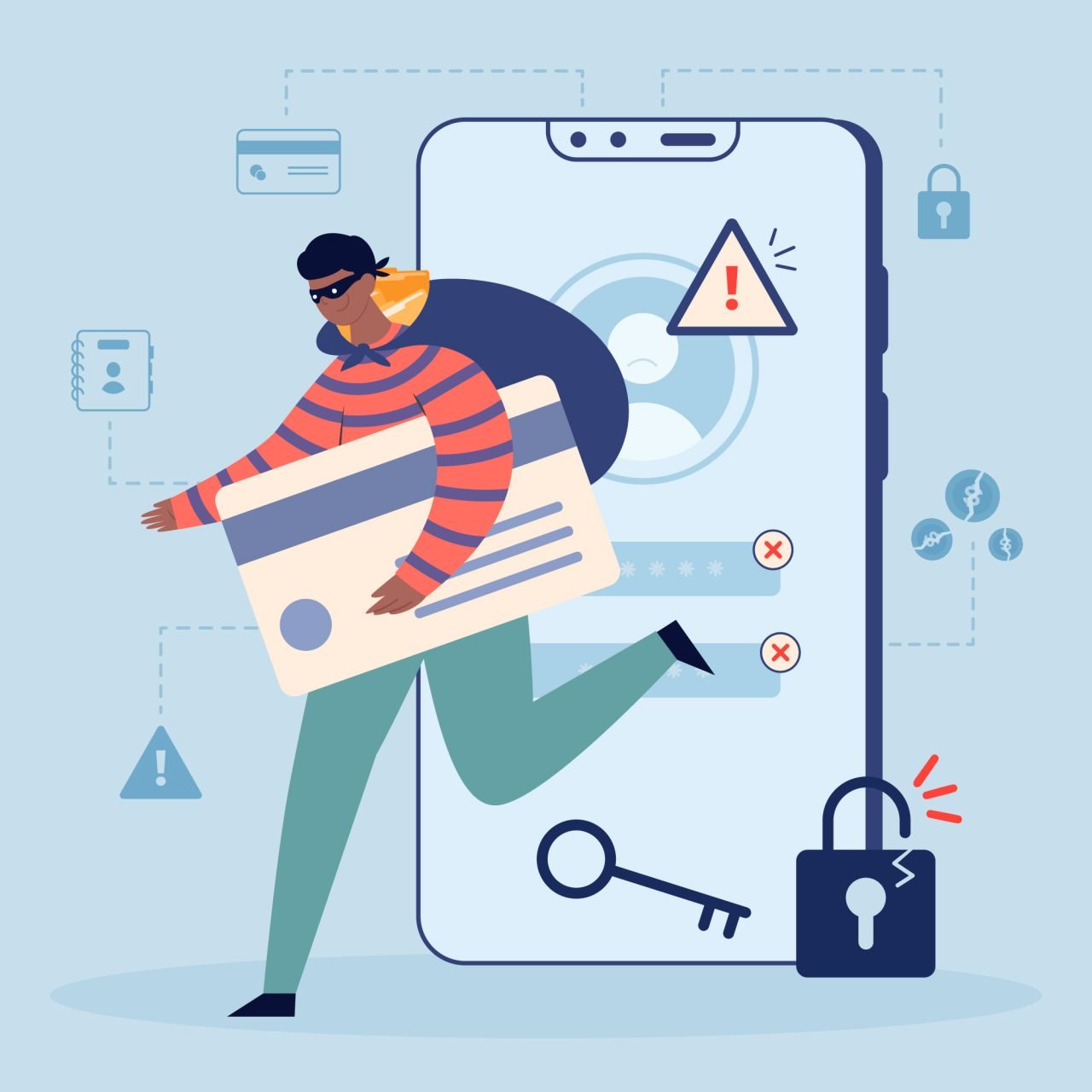Introduction
Mobile applications handle sensitive information ranging from personal messages to financial transactions. With this increased reliance on mobile apps, ensuring robust privacy controls is paramount. The OWASP (Open Web Application Security Project) Top 10 Mobile report sheds light on a prevalent issue: inadequate privacy controls.
In this blog, we’ll delve into the implications of insufficient privacy controls, understand the risks involved, and explore effective ways to respond to this critical concern.
Defining Inadequate Privacy Controls:
Inadequate privacy controls mean there aren’t solid steps in place to keep user information safe in mobile apps. This happens when there’s not enough protection like strong encryption, good access controls, effective session management, and clear consent methods. All of these things together make it more likely that someone could get into the app without permission and cause problems with user privacy.
Understanding the Risks
1. Unauthorized Access to Personal Data
Inadequate privacy controls can lead to unauthorized access to sensitive personal information stored within mobile applications. Without proper safeguards, malicious actors may exploit vulnerabilities to gain access to user data, leading to potential identity theft or privacy breaches.
2. Insufficient Data Encryption
Failure to implement robust encryption mechanisms exposes data to interception during transmission. This makes it easier for attackers to eavesdrop on communication channels, compromising user privacy. Unencrypted data transmission can result in unauthorized parties obtaining confidential information.
3. Poor Session Management
Ineffective session management can allow unauthorized users to hijack active sessions. This opens the door for attackers to impersonate legitimate users, leading to unauthorized access to private data or even the entire account.
4. Inadequate Consent Mechanisms
Mobile applications often require access to various device functionalities and user data. Inadequate consent mechanisms may lead to apps collecting more data than necessary or without explicit user permission, infringing upon user privacy rights.
Responding to the Privacy Challenge
To address the issues posed by inadequate privacy controls, consider implementing the following measures:
1. Data Encryption
Ensure that sensitive data is encrypted both during transmission and storage. This safeguards information from unauthorized access. Implement industry-standard encryption protocols such as TLS for secure communication.
2. Robust Access Controls
Implement stringent access controls to restrict unauthorized users from accessing sensitive functionalities or data. Employ multi-factor authentication to add an extra layer of security, ensuring that only authorized users can access critical features.
3. Effective Session Management
Implement secure session management practices, including session timeouts and token-based authentication. Regularly audit and monitor active sessions to detect and prevent unauthorized access.
4. Explicit Consent Mechanisms
Provide clear and concise information to users regarding the data the app collects and how it will be used. Implement granular consent mechanisms that allow users to control and customize the data they are comfortable sharing.
5. Regular Security Audits
Conduct regular security audits and penetration testing to identify and address potential vulnerabilities. Stay updated with the latest security practices and integrate security into the development lifecycle.
Some examples shedding light on Privacy Controls:
Whatsapp Encryption: Whatsapp employs end-to-end encryption, ensuring that only the intended recipient can access messages. This safeguards user privacy by preventing unauthorized parties, including Whatsapp itself, from accessing message content.
Apple’s App Store Privacy Labels: Apple’s App Store requires developers to provide detailed information about their app’s privacy practices. This empowers users to make informed decisions about which apps they trust with their data.
Conclusion
Inadequate privacy controls in mobile applications pose a significant threat to user privacy. Developers and organizations must implement robust security measures to safeguard user data. By adopting encryption, access controls, and effective consent mechanisms, the risks associated with inadequate privacy controls can be mitigated. Regular security audits and staying informed about evolving security practices are necessary in maintaining the integrity of mobile applications and preserving user’s trust.





